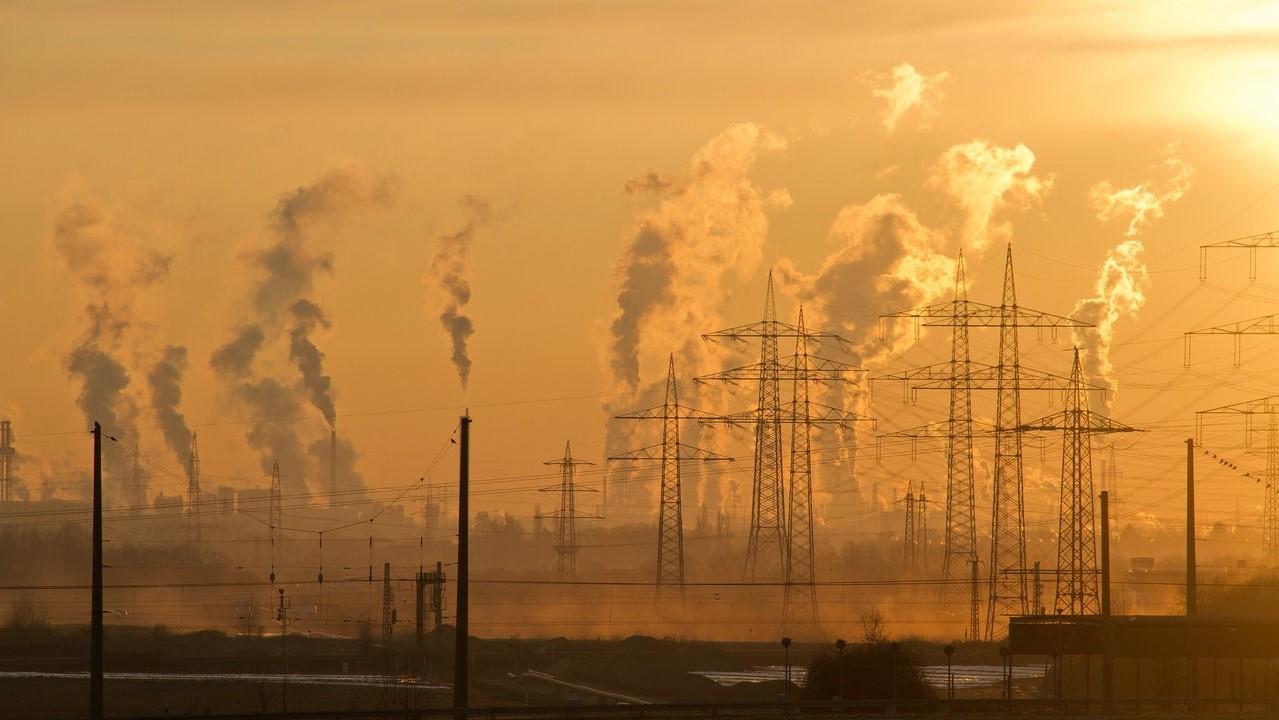
Submitted by Dr C.M. Martin-Jones on Mon, 09/08/2021 - 10:28
CAMBRIDGE -- The Intergovernmental Panel on Climate Change (IPCC) has today released the most extensive report on climate change since 2013. Over the last eight years, scientists have benefited from improved measurements of our climate and more powerful models which are able to simulate future scenarios with increased accuracy. They have also been able to witness the impacts human activities are having on the climate in real time — amid an onslaught of severe heat waves, wildfires and storms over the last year.
The Department of Earth Sciences at Cambridge welcomes the latest publication. Professor Eric Wolff of Cambridge Earth Sciences comments on the publication of the IPCC report, “The new IPCC report confirms what previous reports have stated, but with even more urgency: climate change is happening, it is due to human influence and we can only avoid the most dangerous impacts by reducing emissions as far as we can and as fast as we can.”
The report comes three months before world leaders meet in Glasgow for the COP26 climate conference, where parties will come together to renew their commitments on reducing greenhouse gases. “The report’s finding pose a challenge for the negotiators of the COP26 meeting later this year, because the pathways that are implied by what has been agreed so far are not enough to meet even the 2 degree target, which is the higher of the two targets set in previous negotiations,” said Wolff.
The study warns that extreme weather events will become increasingly more frequent and severe, and that a key temperature threshold will likely be broken in just over a decade. It also makes clear that the warming we’ve experienced to date has made irreversible changes to our planet’s life support system, which operates over centuries to millions of years. The scientists do however highlight that strong and sustained reductions in emissions of carbon dioxide (CO2) and other greenhouse gases would limit climate change.
Wolff leads the WArm Climate Stability of West Antarctic ice sheet in the last INterglacial (WACSWAIN) project, which aims to understand what happened to the West Antarctic Ice Sheet during the last interglacial period, between 115,000 and 130,000 years ago. During this period of Earth’s history temperatures were similar to those predicted for 2100 scenarios. The ice core they have recovered from this interval is therefore a time capsule for scientists trying to understand how the West Antarctic Ice Sheet behaved during past warming and whether it will collapse in response to climate change, resulting in rising sea levels.
You can read more about the WACSWAIN project here and learn more about their fieldwork in Antarctica here.
